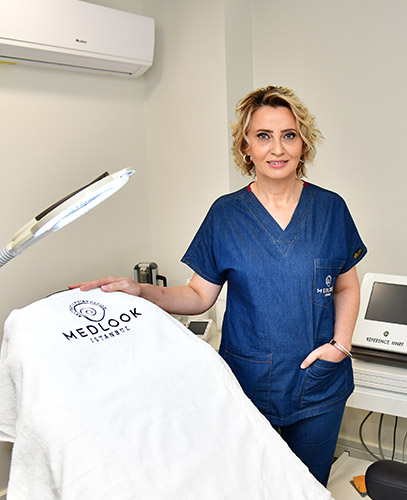
Oral and dental health is a crucial element that directly affects our overall body health. Healthy teeth and gums not only mean a beautiful smile and increased confidence, but they also have a significant impact on our overall well-being. Infections or inflammations that occur in the mouth can lead to serious health issues over time, such as heart disease, diabetes, and respiratory infections. Therefore, preventing tooth decay and gum disease is vital not only for oral health but also for protecting the entire body.
In this article, we will discuss the causes of tooth decay and gum disease, how these conditions develop, and what prevention methods we can use for a healthy mouth. Remember, a healthy mouth is the key to a healthy life!
Understanding Tooth Decay and Gum Disease
Tooth decay and gum disease are among the most common issues threatening oral health. When not detected and treated early, these conditions can have negative effects not only on oral health but also on overall health, potentially leading to severe consequences such as tooth loss at advanced stages.
Tooth Decay: The Silent Enemy of Tooth Structure
Tooth decay starts with damage to the outer layer of the teeth, known as the enamel. The natural bacteria present in the mouth convert sugars and carbohydrates from foods into acids. These acids erode the enamel, paving the way for decay. Initially, tooth decay may not show any symptoms, but in later stages, it can cause problems like pain, sensitivity, and even infection.
The main factors contributing to tooth decay include:
- Inadequate oral care: Irregular brushing and failure to use dental floss can lead to plaque buildup and eventually tooth decay.
- Sugary and acidic foods: These foods cause bacteria to produce more acid, weakening the teeth’s defense.
- Lack of saliva: Saliva helps clean the teeth and balance the acidic effect. Reduced saliva production increases the risk of decay.
- Genetic predisposition: Some individuals are more prone to decay due to genetic factors.
Gum Disease: A Silent But Serious Problem
Gum diseases cause infection in the gums and the tissues supporting the teeth. They usually arise from the plaque accumulated in the mouth. If untreated, they can affect not only the gums but also the bone structure that supports the teeth.
- Gingivitis: This is the initial stage of gum disease, often presenting with symptoms like redness, swelling, and bleeding of the gums. With proper oral care, it is entirely reversible.
- Periodontitis: If gingivitis is left untreated, it can progress into periodontitis, where not only the gums but also the bone tissue are affected. This can lead to tooth loosening and eventual loss.
The progression of gum disease generally occurs as follows:
- Plaque buildup: Bacterial plaque accumulates on the teeth, causing irritation in the gums.
- Inflammation: The gums swell, become tender, and begin to bleed.
- Loss of supporting tissues: If untreated, the inflammation spreads to the bones supporting the teeth.
- Tooth loss: Damage to the bone structure can lead to teeth falling out.
Preventing tooth decay and gum disease requires regular oral care and healthy habits. You should brush your teeth at least twice a day and use dental floss and mouthwash to support cleanliness. Moreover, visiting the dentist every six months is an effective way to detect potential issues early. Supporting your oral health with a healthy diet is also essential.
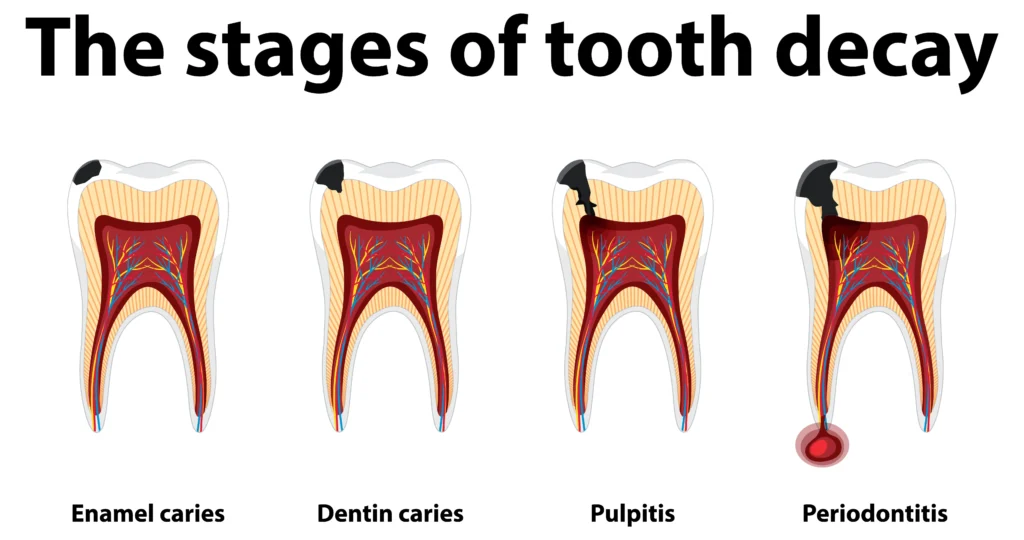
The Impact of Tooth Decay and Gum Disease
Tooth decay and gum disease, although seemingly minor at the outset, can progress over time and lead to significant issues with lasting effects. Therefore, detecting and intervening with such problems early on is crucial.
Pain and Discomfort in Daily Life
The most common result of these issues is intense pain accompanied by discomfort. Tooth decay often leads to sensitivity, increased responsiveness to hot or cold foods, and continuous pain. Gum diseases, on the other hand, manifest with swollen gums, bleeding, and pain.
- Impact on daily activities: Basic activities like eating, talking, and sleeping can be disrupted due to these issues.
- Reduced quality of life: Constant pain and discomfort can make an individual feel physically and psychologically weakened.
Tooth Loss: The Most Serious Outcome of Untreated Issues
If not intervened early, tooth decay and gum disease can lead to tooth loss. Decay weakens the tooth structure, causing fractures and cracks, while gum disease destroys the bone and tissues supporting the teeth, leading to loosening and eventually the loss of teeth.
- Impaired chewing function: Lost teeth make proper chewing difficult, potentially leading to digestive issues.
- Aesthetic problems: Tooth loss affects appearance, causing a loss of confidence.
- Psychological effects: Feeling insecure in social life can negatively affect relationships and daily interactions.
Negative Effects on General Health
It has been proven through numerous studies that oral health is directly linked to overall body health. Untreated tooth decay and gum disease can lead to the spread of infections and result in the following health issues:
- Heart diseases: Inflammation in the mouth can negatively affect the circulatory system, increasing the risk of heart attack and artery blockages.
- Diabetes: It can make blood sugar control difficult for diabetic patients or worsen existing diabetes.
- Respiratory infections: Harmful bacteria in the mouth can reach the respiratory system, causing severe infections.
- Pregnancy risks: Gum disease during pregnancy can lead to complications such as premature birth and low birth weight.
It should not be forgotten that tooth decay and gum disease can severely impact not only oral health but also general health. Regular dental check-ups, correct oral care habits, and a balanced diet are fundamental measures to prevent these issues. Early diagnosis and treatment can help protect your oral health and lay the foundation for a healthy life.
Effective Ways to Prevent Tooth Decay and Gum Disease
Tooth decay and gum disease, while common problems threatening oral health, can be largely prevented with the right habits. With regular oral care, correct techniques, and professional dental support, you can keep your teeth healthy for years and maintain a bright smile.
Brushing Teeth: The Foundation of Healthy Teeth
Brushing your teeth regularly is the most basic step in maintaining oral health. However, not just brushing but also using the correct techniques is important:
- Choosing the right toothbrush: Soft-bristled toothbrushes provide effective cleaning without damaging the tooth enamel and gums.
- Using fluoride toothpaste: Fluoride strengthens tooth enamel and helps prevent decay.
- Brushing twice a day: Brush your teeth for at least two minutes after breakfast and before bed at night.
- Brushing angle and movements: Hold your toothbrush at a 45-degree angle and gently brush from the gums towards the teeth. Be sure to clean all surfaces (outer, inner, and chewing areas).
- Tongue cleaning: Bacteria accumulated on the tongue can cause bad breath, so do not neglect to brush your tongue.
- Replacing the toothbrush: Change your toothbrush every two months for effective cleaning.
Interdental Cleaning: An Extra Step Against Plaque and Residues
A toothbrush may not reach the narrow gaps between teeth. Plaque and food residues can accumulate in these areas, leading to decay and gum problems. Therefore, using dental floss and an interdental brush should be part of your oral care routine.
- Using dental floss: Gently place the floss between the teeth and wrap it in a C shape around the tooth surface, moving it up and down. This method effectively cleans plaque.
- Interdental brush: For teeth with wider gaps, an interdental brush is ideal. Use it with back-and-forth motions for detailed cleaning.
Support with Mouthwash
Mouthwash helps reduce bacteria and prevent bad breath. However, remember that it is not a substitute for brushing and flossing. Mouthwash should be considered as a supplementary part of your oral care routine.
Dietary Habits: The Right Foods for Healthy Teeth
Dental health is directly related to what you eat. Sugary and acidic foods can damage tooth enamel, increasing the risk of decay. Instead, it will be beneficial to choose tooth-friendly foods:
Recommended foods to consume:
- Fiber-rich fruits and vegetables
- Dairy products rich in calcium
- Whole grain foods
- Lean meat and fish
- Nuts
Regular Dental Check-ups
By visiting your dentist every six months, you can protect your oral health. During these check-ups, your dentist can detect and treat potential problems in your teeth and gums early on. They can also guide you on proper oral care.
- Fluoride treatments: Your dentist can apply fluoride to strengthen your tooth enamel and reduce the risk of decay.
- Tartar cleaning: Tartar is a hard buildup that cannot be removed by brushing. Professional cleaning prevents tartar buildup and helps prevent gum disease.
Preventing tooth decay and gum disease is possible through the right habits and regular care. Maintaining healthy teeth and gums enhances your quality of life and gives you a confident smile. Remember, dedicating a few minutes to oral care is a great investment for your health.
Holistic Approach to Oral and Dental Health with Istanbul Hair Institute

Our service philosophy goes beyond merely treating your teeth. We operate with a comprehensive perspective that takes into account every detail, from gums to jaw structure, from facial aesthetics to smile design. This enables us to achieve ideal results both functionally and visually.
1. General Dentistry:
We offer a wide range of services to meet your routine dental health needs:
- Dental examination
- Tartar cleaning
- Filling applications
- Root canal treatment
2. Cosmetic Dentistry:
The latest technologies designed to achieve a brighter and aesthetic smile:
- Teeth whitening: Professional solutions for spotless, shining teeth.
- Porcelain laminate veneers: Provides a natural and aesthetic appearance for your teeth.
- Smile design: Personalized smiles suitable for your facial structure.
3. Implantology:
Implant treatment that offers long-lasting solutions and a natural tooth feel for missing teeth.
4. Orthodontics:
Modern methods to correct dental crowding:
- Braces applications
- Clear aligners (Invisalign) treatment
5. Periodontology:
Diagnosis, treatment, and prevention of gum diseases. Healthy gums are the foundation of a healthy smile.
6. Jaw Surgery:
Comprehensive surgical procedures, from treating jaw joint disorders to tooth extraction.
Services Equipped with Technology and Expertise
We provide fast, reliable, and comfortable treatment processes by using the latest technological equipment in the field of dentistry. Our expert team offers customized solutions for each patient’s individual needs and stays by your side throughout your dental health journey.
The Right Address for a Healthy and Aesthetic Smile
At Istanbul Hair Institute, we offer customized solutions to protect your oral and dental health and help you achieve a more beautiful smile. You can contact us for a treatment experience that will not only improve your teeth but also enhance your confidence.
Recent Posts
-
 Effective Solutions for Seasonal Hair Loss: What Treatments to Consider04 Feb 2025
Effective Solutions for Seasonal Hair Loss: What Treatments to Consider04 Feb 2025 -
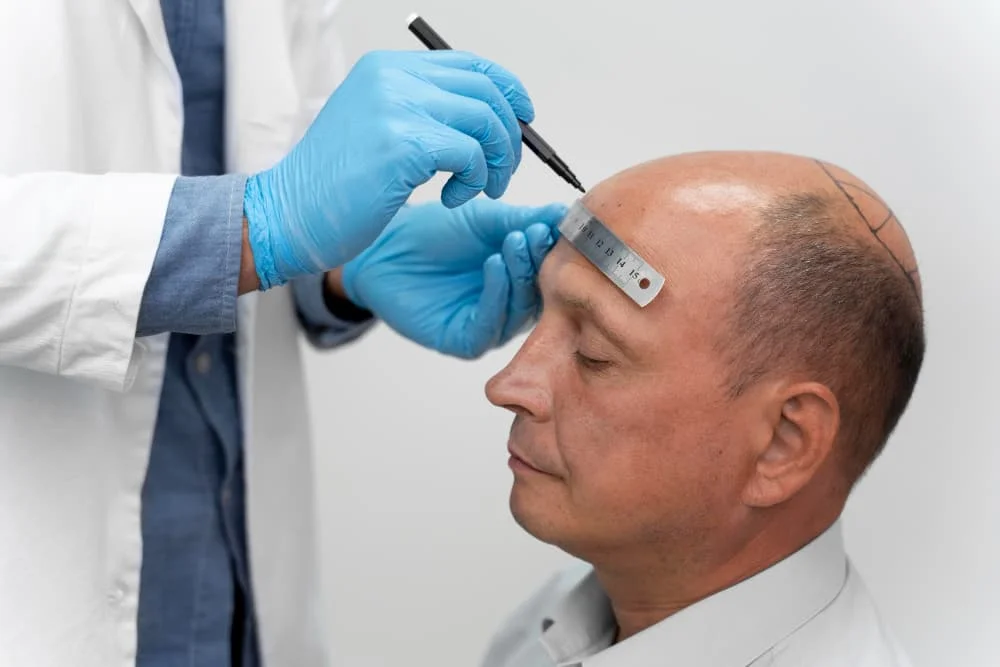 Does the Density of Hair Transplants Matter? Achieving a Full Look04 Feb 2025
Does the Density of Hair Transplants Matter? Achieving a Full Look04 Feb 2025 -
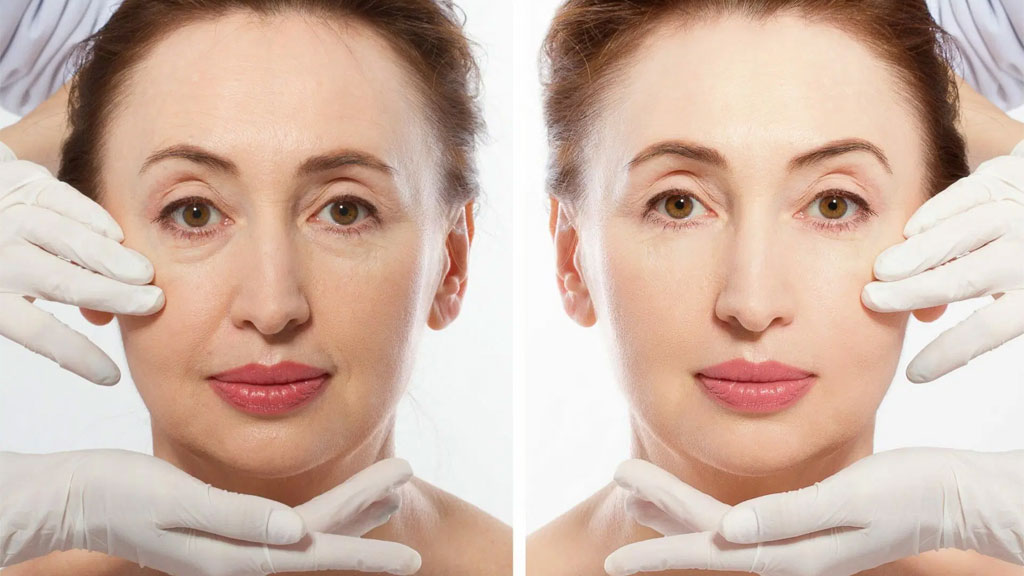 Look Younger: Mini Facelift and Neck Rejuvenation02 Feb 2025
Look Younger: Mini Facelift and Neck Rejuvenation02 Feb 2025 -
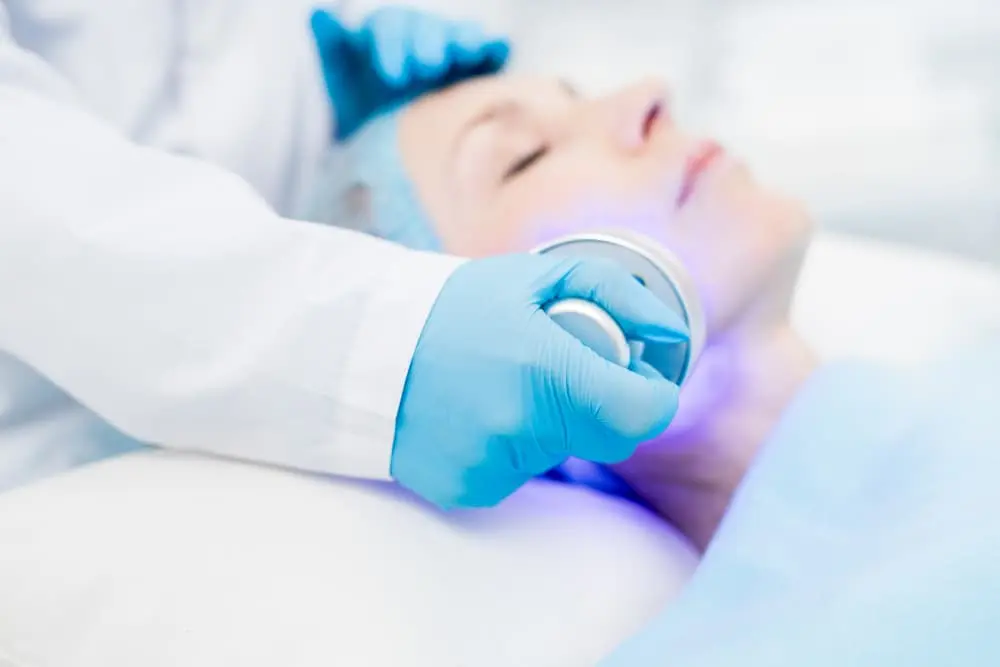 Can Ozone Therapy Really Boost Your Mood and Energy Levels?02 Feb 2025
Can Ozone Therapy Really Boost Your Mood and Energy Levels?02 Feb 2025 -
 Say Goodbye to Static: How to Get Rid of Static in Hair29 Jan 2025
Say Goodbye to Static: How to Get Rid of Static in Hair29 Jan 2025
